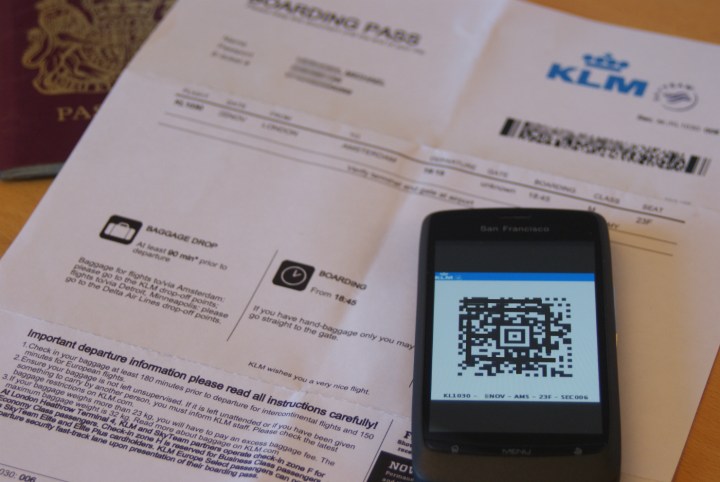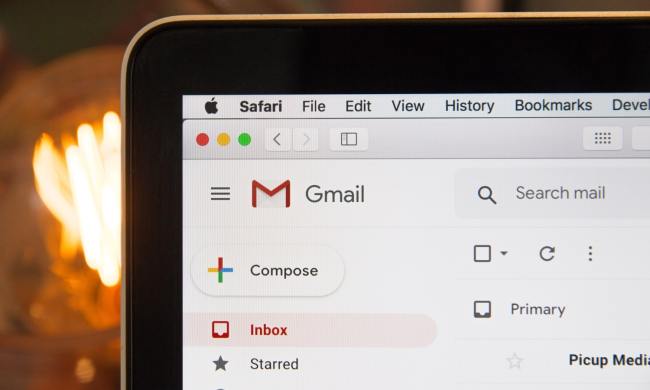
Online shopping has been on the rise for a number of years and unsurprisingly, so has the trend for travelers to book travel using a mobile device. Estimates show that by 2019, 70 percent of digital travel bookings will be made from a mobile device, according to Business Insider. Google is making these adjustments based on those trends to ensure its search function stays ahead of the competition.
Google recognizes that searches initiated from a mobile device typically serve a different purpose than those from a desktop. For example, desktop users are less likely to search for directions to the nearest gas station, hotel, or retail store. Those searches are more likely to occur on a mobile device. Therefore, Google’s mobile search is tailored to mobile specific needs, while desktop searches provide a more generalized result.
Booking travel or finding a retail deal is an easier process for a mobile device, and Google’s enhancements will provide options for both without forcing users to delve into multiple sites and re-enter information. Ultimately, these changes are an attempt by Google to maintain mobile search as a top discovery resource, according to Business Insider.
Google is not the only company adjusting strategy to provide relevant, immediate content for mobile users. As the generation gaps increase, mobile devices are set to be the dominant source of search and internet access. Companies that do not adjust their approach to provide full access to mobile devices may quickly find themselves behind the competition.

